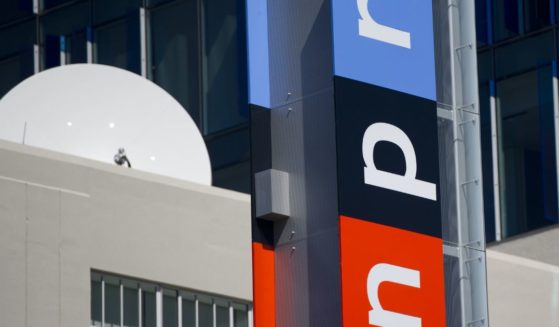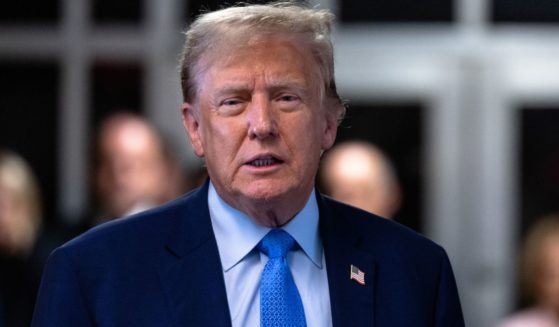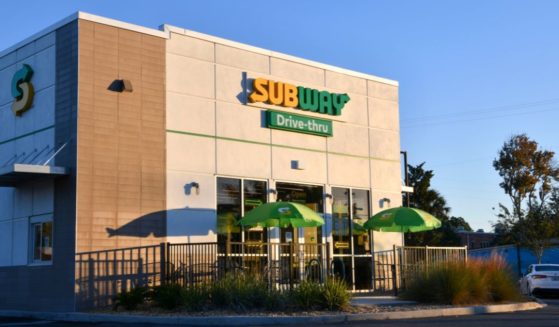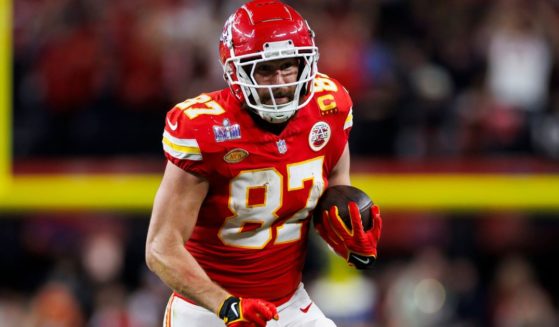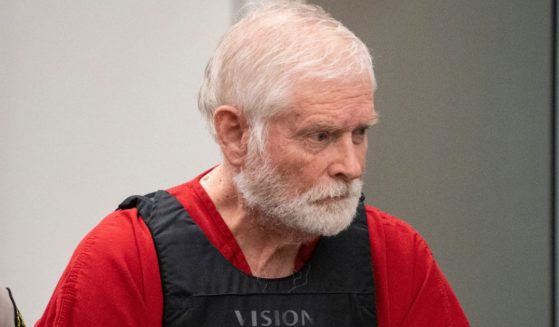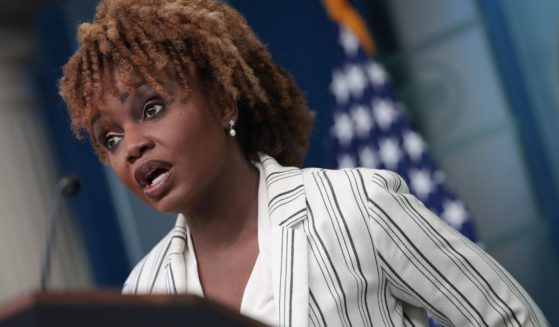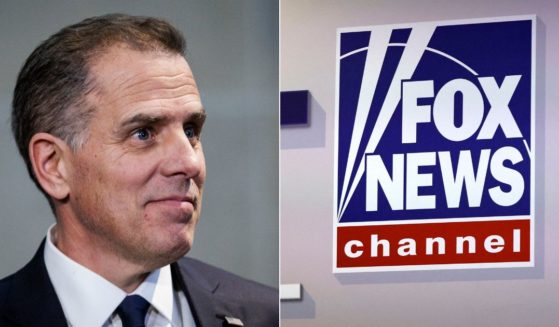Biden Deals Devastating Blow to Sanders with Another Big Night of Primaries
Joe Biden decisively won Michigan’s Democratic presidential primary Tuesday, seizing a key battleground state that helped propel Bernie Sanders’ insurgent candidacy four years ago. The former vice president’s victory there, as well as in Missouri, Mississippi and Idaho, dealt a serious blow to Sanders and substantially widened Biden’s path to the nomination.
Biden again showed strength with working-class voters and blacks, who are vital to winning the Democratic nomination. Sanders’ narrow hopes for good news rested on North Dakota and Washington state. Washington’s primary was too early to call, and because all votes there are cast by mail or by dropping them off in a ballot box, many ballots were marked for candidates who have since dropped out of the race.
The six-state contest marked the first time voters weighed in on the primary since Super Tuesday, when it effectively narrowed to a two-man race between Sanders and Biden. And the first four states on Tuesday went to Biden, a dramatic reversal for a campaign that appeared on the brink of collapse just two weeks ago. Now it is Sanders, whose candidacy was ascendant so recently, who must contemplate a path forward.
Addressing supporters in Philadelphia, Biden noted that many had “declared that this candidacy was dead” only days ago, but “now we’re very much alive.” He also asked Sanders supporters to back him going forward.
“We need you, we want you, and there’s a place in our campaign for each of you. I want to thank Bernie Sanders and his supporters for their tireless energy and their passion,” Biden said. “We share a common goal, and together we’ll beat Donald Trump.”
It marked a high point for the former vice president’s staff. They sipped beer and broke into an impromptu dance party after his speech, which was held close to his Philadelphia headquarters.
Even as the contours of the race came into shape, however, new uncertainty was sparked by fears of the spreading coronavirus. Both candidates abruptly canceled rallies in Ohio that were scheduled for Tuesday night. That set the stage for Biden’s remarks in Philadelphia, while Sanders flew home to Vermont and didn’t plan to address the public.
Sanders’ campaign also said all future events would be decided on a case-by-case basis given public health concerns, while Biden called off a scheduled upcoming Florida stop. Still, the former vice president said Tuesday night that he’d be announcing plans to combat the coronavirus later this week.
The Democratic National Committee also said that Sunday’s debate between Sanders and Biden would be conducted without an audience.
Among former White House hopefuls and leaders of powerful liberal groups, Biden’s momentum is now undeniable.
Bradley Beychok, president and co-founder of American Bridge 21st Century, a liberal super PAC, said his group “will be ALL IN to elect @JoeBiden as our next president.” The organization is spending millions of dollars trying to win over people who backed President Donald Trump in key states in 2016.
Guy Cecil, chairman of the flagship Democratic outside political organization Priorities USA, tweeted: “The math is now clear. Joe Biden is going to be the Democratic nominee for President and @prioritiesUSA is going to do everything we can to help him defeat Donald Trump in November.”
There were other major warning signs for Sanders on Tuesday. He again struggled to win support from black voters. About 70 percent of Mississippi’s Democratic primary voters were black, and 86 percent of them supported Biden, according to an AP VoteCast survey of the electorate.
After Sanders upset Hillary Clinton in Michigan four years ago, his loss there Tuesday was particularly sobering. It undermined his argument that he could appeal to working-class voters and that he could expand the electorate with new young voters.
One of the few bright notes for Sanders was his strength among young voters, but even that has a downside because they didn’t turn out enough to keep him competitive. Sanders won 72 percent of those under 30 in Missouri and 65 percent in Michigan, according to AP VoteCast. The senator was also about even with Biden among voters ages 30 to 44.
“There’s no sugarcoating it. Tonight’s a tough night,” New York Rep. Alexandria Ocasio-Cortez, one of Sanders’ highest-profile supporters, said on Instagram. “Tonight’s a tough night for the movement overall. Tonight’s a tough night electorally.”
Another top Sanders backer, Minnesota Rep. Ilhan Omar, tweeted: “Yes we are a family, united in restoring our democracy and committed to defeating Trump, but that doesn’t mean we should stop fighting for the candidate that best represents our policy priorities in this Primary.”
According to an Associated Press analysis, Biden had picked up at least 153 new delegates: 53 in Michigan, 40 in Missouri, 29 in Mississippi, five in North Dakota, 17 in Washington and nine in Idaho on Tuesday. Sanders got 89: 35 in Michigan, 23 in Missouri, two in Mississippi, seven in Idaho, five in North Dakota and 17 in Washington.
Although six states voted, Michigan, with its 125 delegates, got most of the attention. Trump won the state by only 10,704 votes during the general election, his closest margin of victory among Michigan, Pennsylvania and Wisconsin. Those states gave Trump the narrow edge in the 2016 Electoral College after Clinton won the popular vote.
Sanders has vowed not to drop out regardless of Tuesday’s results and frequently railed against the “Democratic establishment” that he says has aligned against him.
In addition to the powerful groups now siding with Biden, the former vice president has picked up the endorsements of many of his former presidential rivals, including Sen. Kamala Harris, Sen. Cory Booker and, as of Tuesday, entrepreneur Andrew Yang. Michigan Gov. Gretchen Whitmer, sometimes mentioned as a possible vice presidential choice, also endorsed Biden and campaigned with him ahead of Tuesday’s primary.
Biden also gave a nod to all his former competitors, saying, “We’re bringing this party together.”
“That’s what we have to do,” he said.
Not every Democrat was lining up behind Biden, though. Michigan Rep. Debbie Dingell, who represents a sprawling district from the college town of Ann Arbor to the Detroit suburbs, said Tuesday that she’s staying neutral.
“I remember what it was like four years ago and the vitriol and the anger, the people mad at each other the whole election cycle. We can’t afford that,” Dingell said. “It’s about getting out and voting in November.”
Like Sanders, Biden has no public events scheduled for Wednesday. And though he’s celebrating a growing delegate lead, he’s still confronting voters who question his positions, which include a gun control plan that reinstates an assault weapons ban and includes a voluntary buyback program for assault weapons.
That issue was at the center of a widely publicized, testy exchange with a worker while Biden was rallying earlier Tuesday in Detroit. The man accused him of “actively trying to end our Second Amendment right.” Biden shot back, “You’re full of **t.”
The Western Journal has reviewed this Associated Press story and may have altered it prior to publication to ensure that it meets our editorial standards.
Truth and Accuracy
We are committed to truth and accuracy in all of our journalism. Read our editorial standards.


